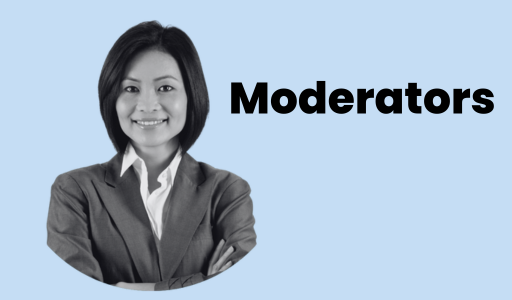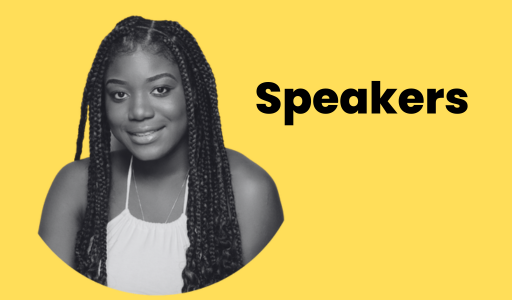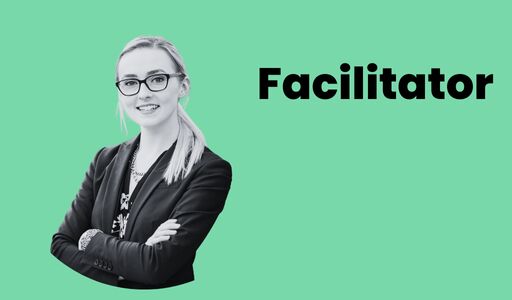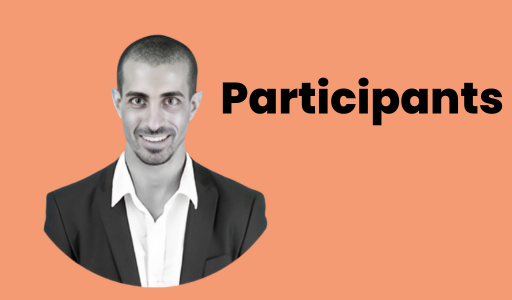
Future of Good’s learning programs are designed to empower non-profit leaders and their teams to tackle today’s most pressing challenges with confidence and resilience. Through insights and practical tools, these programs equip organizations to navigate complexity, adapt to change, and drive meaningful impact in their communities.
Learning programs are available to paid Future of Good Members. Become a member here!
Roundtables are a unique event format that fosters dynamic, interactive discussions around a central question. Unlike traditional panels, roundtables encourage audience participation, creating a fluid conversation where everyone can contribute.
Rotating participants
Audience members can “take a seat at the table” for two minutes, sharing their perspectives and engaging with the facilitator and other participants.
Fluid, engaging conversation
The host acts like a dinner party host, welcoming participants and creating a space for them to contribute. The facilitator acts like a chatty guest, engaging with others and offering insights. Champions (see below) help break the ice and encourage participation by readily taking a seat at the table. This format allows for a more organic exchange of ideas, with participants building on each other’s contributions.
Inclusive Experience
Roundtables create a more inclusive and interactive environment, maximizing audience engagement and knowledge sharing.




D3s are discussions that are a modular 60-minute in-depth conversation, featuring social purpose experts from Canada and around the world.
D3s have three different models:
Discussions
Panels with a moderator and three experts with varying positions and opinions
Debate
Constructive but oppositional conversation between two speakers, moderated by Future of Good
Dialogue
One-on-one fireside chats with social purpose experts leading innovative and emergent initiatives.
Introduce the speaker(s) and manage the flow of the conversation.
Create a space for participants to contribute and connect with each other.

Share their insights and perspectives with the audience.
Engage with the moderator and other participants, building on ideas and contributing to the conversation.

Workshops are immersive 90-minute upskilling experiences for up to 100 participants. Social purpose leaders and employees can connect directly and upskill on specific approaches, tools, products or services.
Workshops include a host from the Future of Good team and facilitator(s), who are experts on the workshop topic. Workshops are not lectures; the facilitator(s) lead the participants in interactive discussions and activities to help them dynamically engage with the topic.

Introduce the facilitator(s) and manage the room logistics (virtual or in-person).

Lead the participants in discussions and activities to help them learn about the topic.
Guide the discussion around the central question, but leave room for others to participate.
Don’t shy away from providing your expertise, but encourage diverse perspectives.

Engage with the facilitator and other participants during discussions and activities.